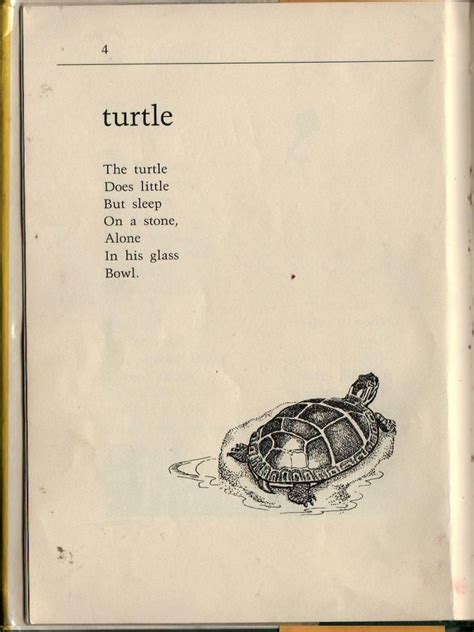A Quote by W. S. Merwin
The Divine Comedy is a political poem and when you say poetry is not about - he's always quoted out of context, that "poetry makes nothing happen," that doesn't mean you shrug your shoulders and don't try to make anything happen. And Dante felt that poetry was engaged, there was a point of view; it's not my point of view, it's orthodox medieval Christianity, and I have my troubles with that. He didn't feel that you could just rule out so important a section of life - we care about these things, and it's out of caring about them that we write poetry.
Quote Topics
About
Always
Anything
Care
Caring
Christianity
Comedy
Context
Could
Divine
Divine Comedy
Engaged
Feel
Felt
Happen
Important
Just
Life
Make
Makes
Mean
Medieval
Nothing
Of Context
Orthodox
Out
Poem
Poetry
Poetry Is
Point
Point Of View
Political
Rule
Say
Section
Shoulders
Them
Things
Troubles
Try
View
Write
Your
Related Quotes
I don't know anything about chemistry, but I know that there's a whole world of chemistry, of professional chemists. They have their prizes, they have their publications, they have their work. Just because I don't know about it, doesn't mean that it doesn't exist. A lot of people say, "Isn't poetry in trouble today?" Or: "Nobody really reads poetry anymore." And I say, "You're crazy." There's a huge world of poetry out there. You may not know about it, but it's there.
That's one of those questions that would just love to have a pat answer. You know, poetry's job is to make us feel good. Poetry exists to allow us to express our innermost feelings. There isn't one role for poetry in society. There are many roles for poetry. I wrote a poem to seduce my wife. I wrote a poem when I asked her to marry me. Poetry got me laid. Poetry got me married.
There's a sameness about American poetry that I don't
think represents the whole people. It represents a poetry
of the moment, a poetry of evasion, and I have problems
with this. I believe poetry has always been political, long
before poets had to deal with the page and white
space . . . it's natural.
There is an idealism associated with poetry I would not dispel but question. It doesn't change anything except within. It shifts your insides around. Poetry is not going to reach the numbers of people by which we commonly consider a large audience. It just isn't a stadium-filler. It could still galvanize people during a crisis, but let's just say there are two points at which poetry is indispensable to people - at the point of love and the point of death. I'll second that emotion.
I'm educating myself more about world poetry. I know a lot about contemporary American poetry, so I felt I needed to learn more about figures like Borges, Akhmatova, Neruda, etc. I felt I needed a bigger lens to see poetry through. It really helps to see poetry as a world language, and not just something American.
I'm finding that writing poetry is strengthening my songwriting, because you're learning to make a piece of writing work on a page with nothing else. I was also finding within poetry I felt a lot more free to write about very different matters, to write about social issues or things that are going on around me.







































